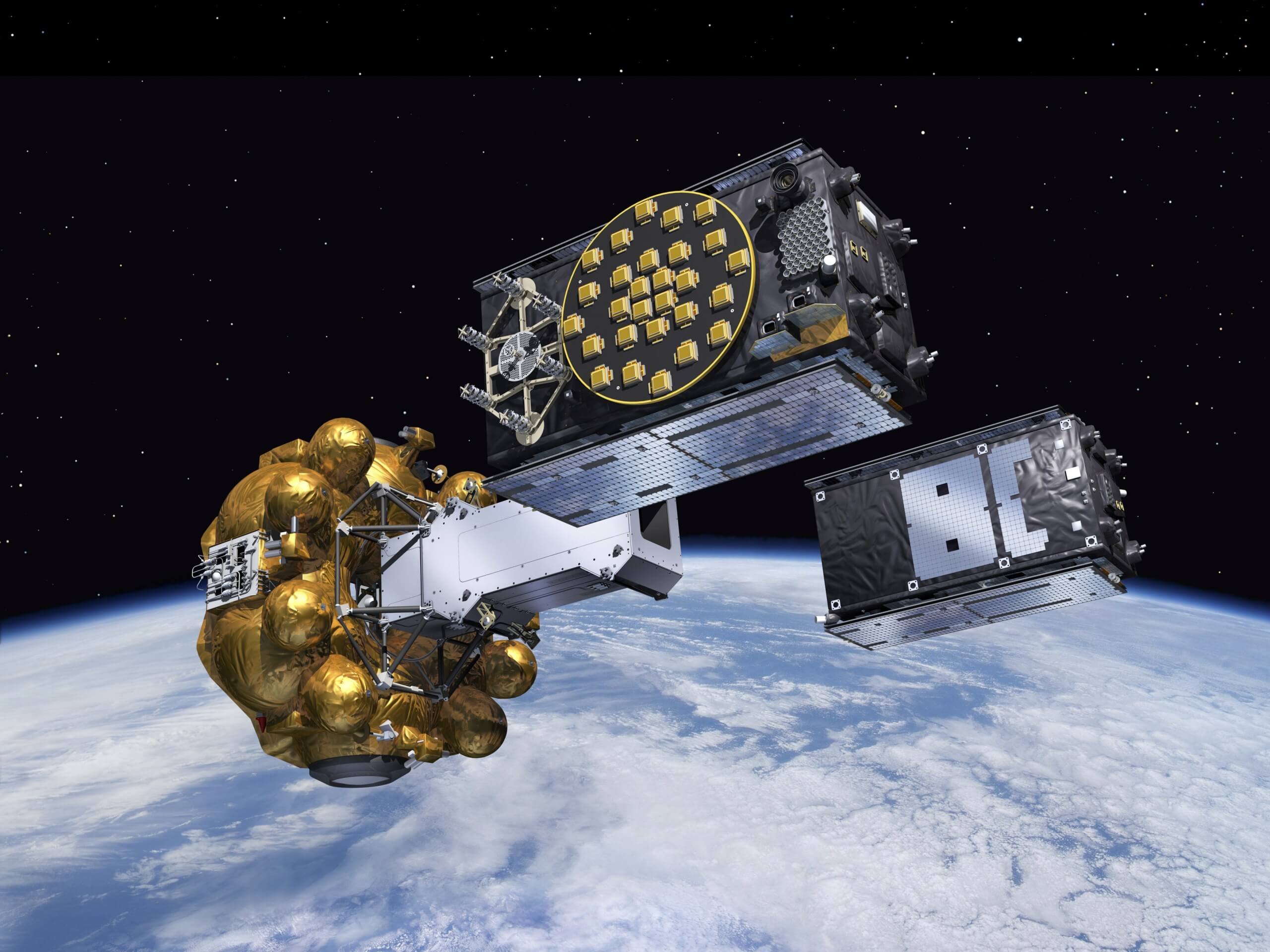In brief: The European Union's global positioning satellites have been knocked offline. The system has reportedly been out of service since late last week. Officials have not been forthcoming with a specific cause. It is unknown when the constellation will be back online.
According to a statement from the European Global Navigation Satellite Systems Agency (GSA), all 22 of Europe's Galileo GPS satellites have been rendered nonfunctional since Friday due to a "technical incident related to its ground infrastructure." As of this writing, the status page for the orbiters lists them "Not Usable" due to the service outage.
While the GSA did not release specifics of the ground infrastructure problem, the issue reportedly arose after a Precise Timing Facility in Italy malfunctioned.
"As far as I know, it is a problem of the PTF [Precise Timing Facility] in Italy - time has an impact on the whole constellation," a source close to the program told Inside GNSS.
"Experts are working to restore the situation as soon as possible. An Anomaly Review Board has been immediately set up to analyse the exact root cause and to implement recovery actions."
The network of positioning satellites provides "initial service" to cellphones (including some iPhones) and other devices in the EU. The Galileo system is still in its pilot phase with 22 functional (until now) satellites, two currently in testing, two retired, and 12 more scheduled to launch before the system becomes fully operational in 2020.
Europeans should not notice a disruption in service since their phones will switch to US GPS in the event the Galileo system cannot be accessed. Likewise, when the EU service is up and running, the FCC has already approved US phones to use Galileo for more accurate timing and positioning.
The GSA did not have an estimate on how long the satellite constellation would be down. A recent study showed that an outage of US GPS services could cost upwards of $1 billion per day in navigation errors and delayed shipments. While the Galileo systems are less critical at this time, engineers are working to fix the problem as quickly as possible.
Image credit: Galileo GNSS
